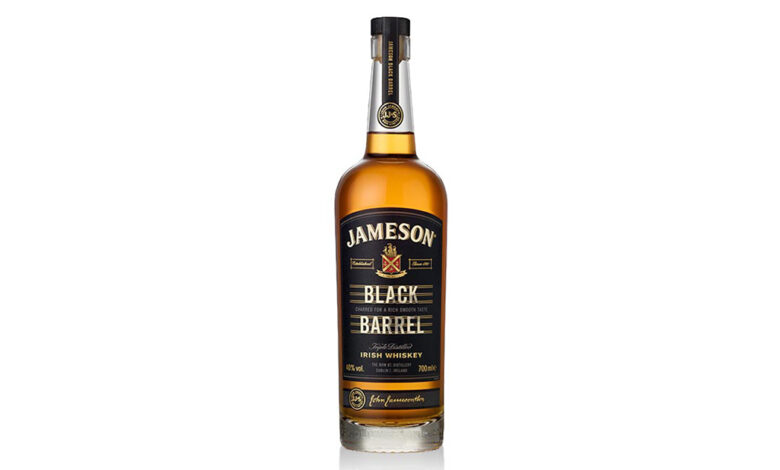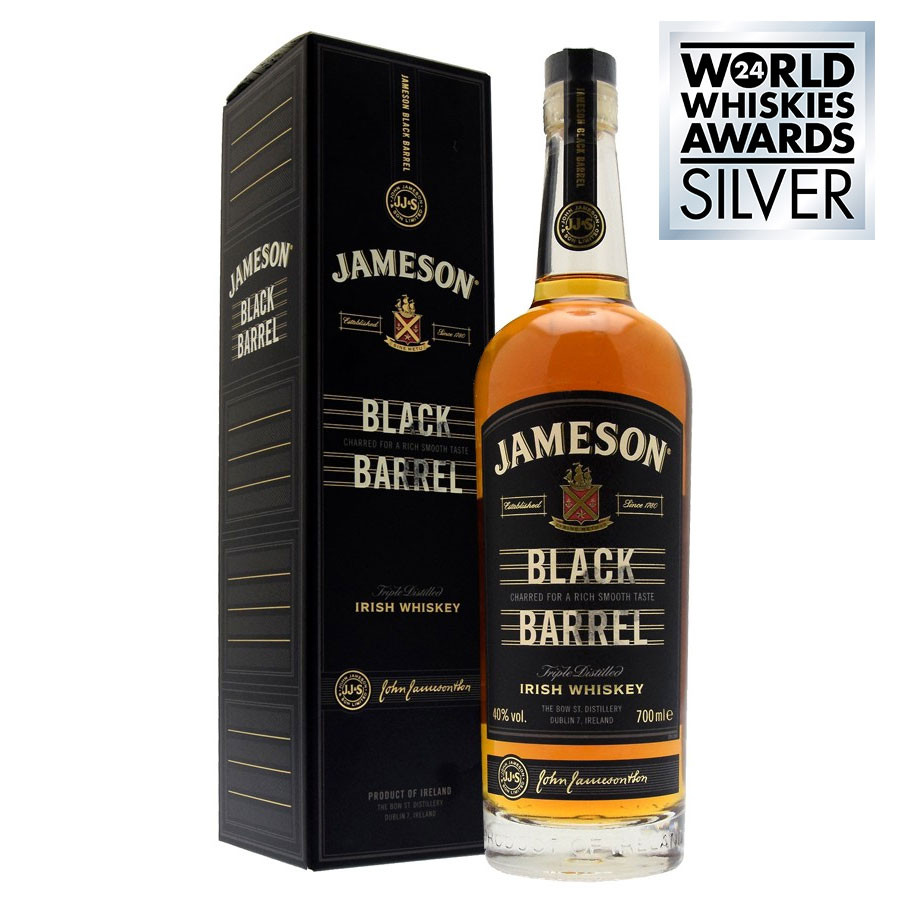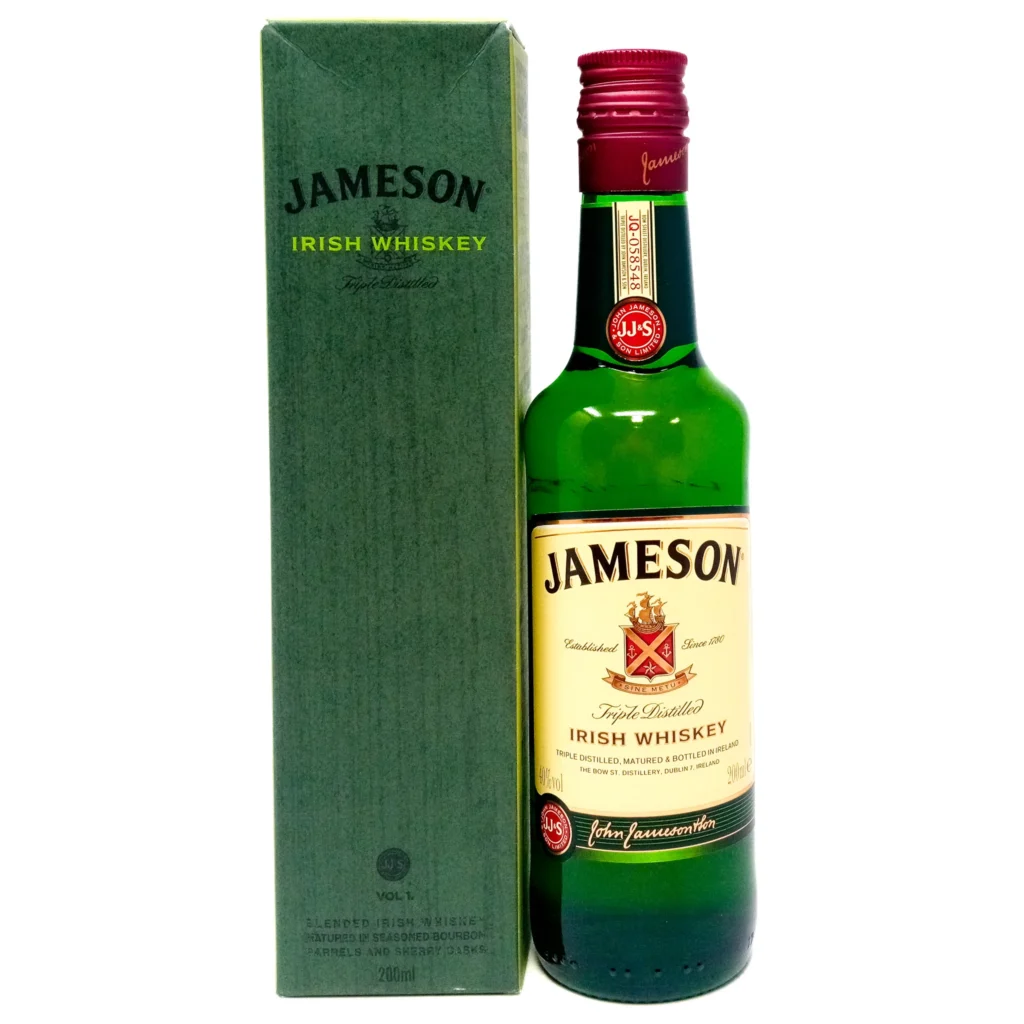Inside Jameson’s Global Rise: Lessons Behind Its Enduring Popularity

Inside Jameson’s Global Rise: Lessons Behind Its Enduring Popularity. In an era where heritage brands often struggle to stay relevant, Jameson Irish Whiskey has defied the odds. From humble beginnings in 1780 to becoming the world’s best-selling Irish whiskey, Jameson’s journey is a blueprint for building a brand that stands the test of time. Through authenticity, strategic marketing, and relentless resilience, Jameson not only expanded globally but also cultivated a fiercely loyal following. For entrepreneurs, the story of Jameson is packed with practical lessons about building with intention, navigating challenges, and innovating without losing your soul.
Early Roots: Building on Authenticity
Jameson was founded in 1780 by John Jameson in Dublin, Ireland. From the outset, the brand leaned heavily into authenticity — crafted through meticulous triple distillation processes that delivered a smoother taste compared to competitors. John Jameson’s philosophy was clear: quality above all.
Even as industrialization tempted many to cut corners, Jameson stayed committed to its traditional methods. Instead of chasing mass production shortcuts, it doubled down on the craftsmanship that defined it. For entrepreneurs, the lesson is timeless: building a product rooted in genuine quality creates a foundation that marketing alone can’t replicate.

Challenge and Consolidation: Surviving Difficult Times
The 20th century brought severe challenges. Two World Wars, the Irish War of Independence, Prohibition in the United States, and the Anglo-Irish Trade War devastated Irish whiskey exports. By the 1960s, the Irish whiskey industry was crumbling. Jameson faced a stark choice: adapt or face decline.
In 1966, Jameson merged with Powers and Cork Distillers to form Irish Distillers. This pivotal move pooled resources, expertise, and distribution networks, ensuring survival during incredibly turbulent times. It was a bold decision that preserved Jameson’s future.
Entrepreneurs can draw a crucial insight here: strategic partnerships aren’t a sign of weakness. They can be essential lifelines during crises, allowing a brand to weather storms that would be impossible alone.
Modernization and Global Expansion
A major turning point came when Irish Distillers built a new, state-of-the-art distillery in Midleton, County Cork, in 1975. This move allowed Jameson to modernize operations without compromising traditional production techniques. The brand protected its DNA while ensuring it could meet future demand.
In 1988, French drinks giant Pernod Ricard acquired Irish Distillers. Under Pernod Ricard’s guidance, Jameson began an aggressive global expansion strategy, especially targeting the United States, where interest in Irish culture and premium spirits was growing.
Jameson’s consistency, combined with storytelling centered around Irish heritage, helped fuel steady international growth. For entrepreneurs, this period highlights an important principle: scaling successfully requires investing in both infrastructure and brand narrative. One cannot outpace the other without risking brand erosion.

Marketing Reinvention: Making Irish Whiskey Cool
Jameson’s success in the 21st century owes much to its reinvention of marketing. Moving beyond traditional print and television ads, the brand focused on experiential marketing campaigns like the “Jameson Cult Film Club,” sponsoring St. Patrick’s Day events globally, and encouraging local community initiatives.
Rather than trying to be trendy, Jameson positioned itself as accessible, fun, and premium without being pretentious. It embraced digital marketing early, championing user-generated content, and storytelling that felt authentic rather than forced.
Entrepreneurs today can learn a critical lesson: evolving communication styles matters, but authenticity must remain the anchor. Loud marketing without true resonance doesn’t build loyalty — meaningful engagement does.
Recent Success: Resilience During Global Challenges
Even during global disruptions like the COVID-19 pandemic, Jameson demonstrated adaptability. As in-person events came to a halt, the brand pivoted to virtual tastings, remote St. Patrick’s Day celebrations, and highly creative social media campaigns.
Jameson’s continued emphasis on community and experience kept the brand relevant even when traditional marketing channels collapsed. Today, Jameson sells over 10 million cases annually, a figure that underscores its ability to adapt while staying true to its roots.
For entrepreneurs, this period reinforces that adaptability — without losing brand essence — is critical when facing sudden challenges.

Actionable Lessons for Entrepreneurs
Jameson’s journey offers powerful, real-world lessons for anyone building a brand today:
- Prioritize Authentic Quality: True craftsmanship remains the ultimate differentiator in any market.
- Be Willing to Pivot: Strategic mergers, partnerships, or rethinking structures can be necessary for survival.
- Scale Smartly: Invest in infrastructure and production without compromising your original brand promise.
- Innovate Marketing Approaches: Engage audiences authentically through evolving platforms without losing your voice.
- Stay Agile in Crisis: View challenges as opportunities to deepen audience loyalty and showcase brand strength.
Conclusion
Jameson’s rise wasn’t built overnight, nor was it free of setbacks. Instead, it is a story of staying true to core values, making bold strategic moves when necessary, and embracing innovation without losing authenticity. For aspiring entrepreneurs, Jameson offers a powerful reminder: real success comes from a clear identity, a willingness to adapt, and a relentless focus on delivering genuine value. In the world of brands that come and go, Jameson stands as a testament to what it truly takes to endure and grow.


